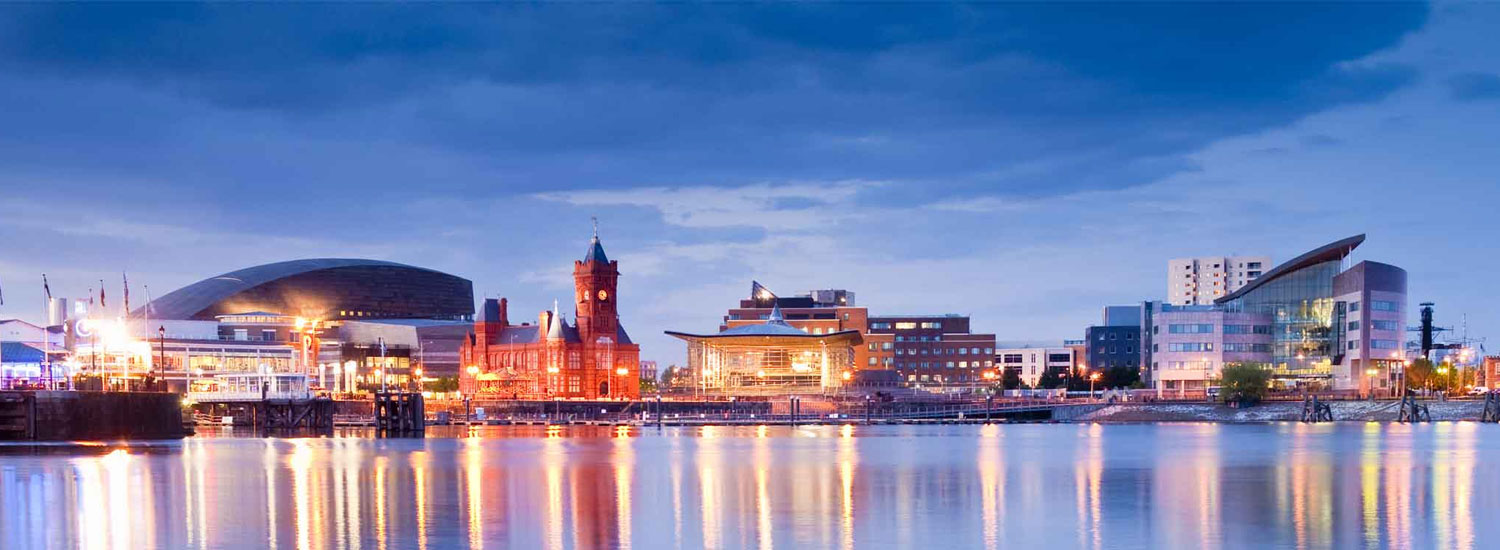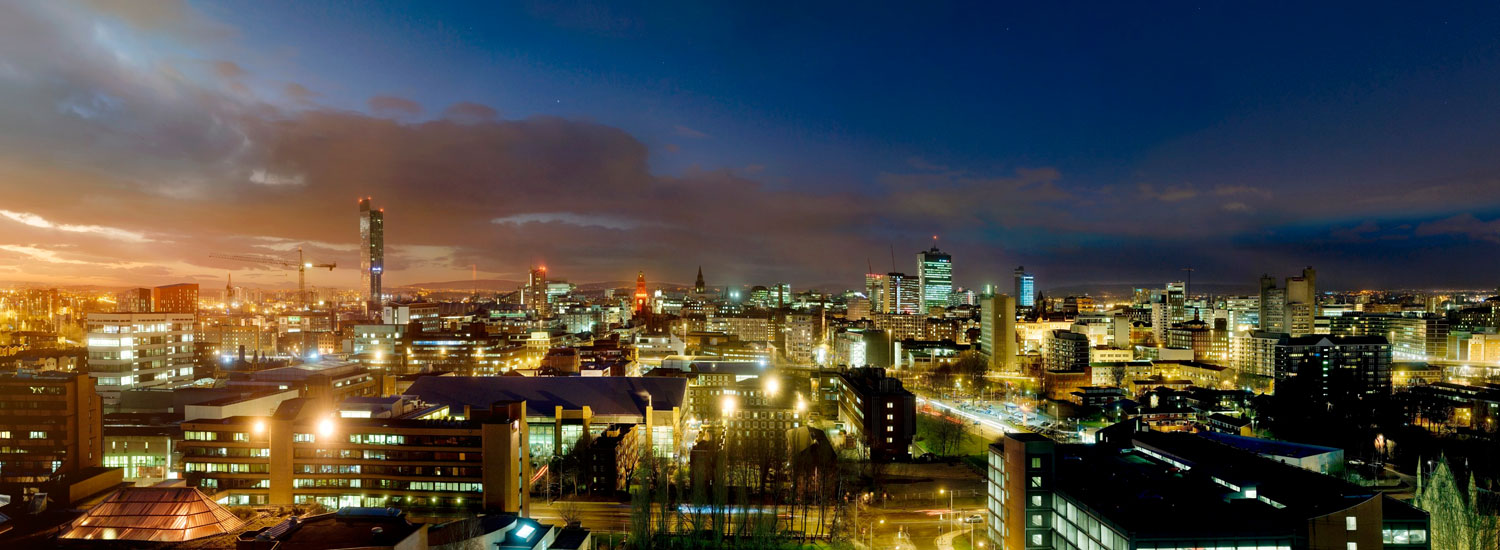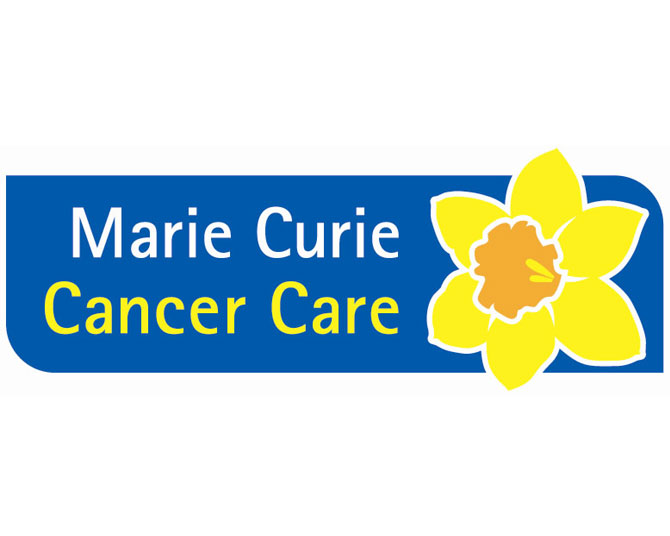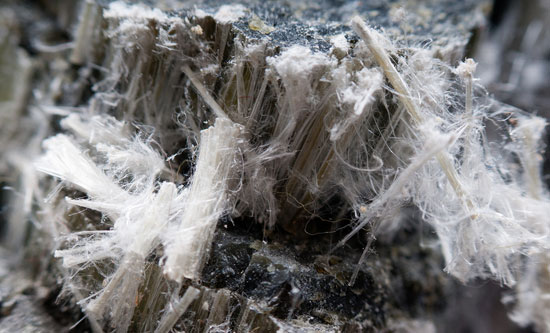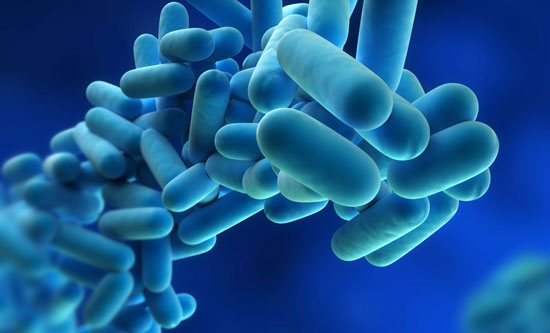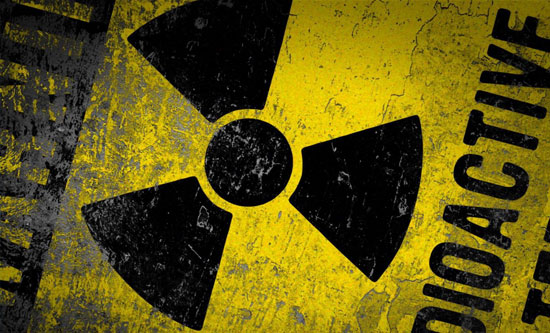Did You Know?
In the United Kingdom around 20 tradesman die each week as a result of past exposure to Asbestos
Radon is a cancer-causing radioactive gas. You cannot see, smell or taste radon, but it may be a problem in your home. It is the second leading cause of lung cancer in the world today.
Asbestos can be found in any industrial or residential building built or refurbished before the year 2000. It is in many of the common materials used in the building trade that you may come across during your work.
As astounding as it may seem when you consider the well documented health implication it is thought that mining of asbestos is still on-going in Brazil, China, Russia, Kazakhstan, Canada, Zimbabwe, Swaziland and India.
Did you know the Radon is the number one cause of lung cancer, after smoking?
The primary routes of potential human exposure to radon are inhalation and ingestion. Radon in the ground, groundwater, or building materials enters working and living spaces and disintegrates into its decay products. Although high concentrations of radon in groundwater may contribute to radon exposure through ingestion, the inhalation of radon released from water is usually more important.
Symptoms of Legionella usually begin 2 to 14 days after a person is exposed to the bacteria. Lung infection is common with Legionella because the bacteria thrive in the warm, moist environment of the lungs.
Legionnaires’ disease got its name from a 1976 outbreak at an American Legion convention in Philadelphia.
Legionnaires’ disease is treatable, but people over 50, and those who have underlying medical conditions, are at greater risk of serious illness after contracting the disease.
Two different illnesses are caused by Legionella bacteria. They are Legionnaires` disease and Pontiac fever, according to the Centers for Disease Control and Prevention (CDC).
Currently, about 125 million people in the world are exposed to asbestos at the workplace. According to the most recent WHO estimates, more than 107 000 people die each year from asbestos-related lung cancer, mesothelioma and asbestosis resulting from exposure at work.
Legionella is a naturally occurring organism commonly found in lakes, rivers and soils — but generally is not pervasive enough to result in disease from these sources. The bacterium derives its name from its identification with Legionnaires' disease, or Legionellosis, an infection of the lungs and form of pneumonia.
Legionnaires’ disease is preventable. The most effective way to prevent the infection is to make sure that water systems like cooling towers, spas, and pools are properly maintained and up to current health and safety codes.
Testing is the only way to know your home`s radon levels. There are no immediate symptoms that will alert you to the presence of radon. It typically takes years of exposure before any problems surface.
Legionella bacteria are usually found in water. The bacteria occur naturally in the environment, says the CDC, and grow best in warm water. Specific areas where you might encounter the bacteria include: cooling towers, hot tubs and whirlpool spas, hot water tanks, decorative fountains or pools, and large plumbing systems.





